When you hear the word “focus” what comes to mind? Is it the ability to see clearly? Maybe you think of the ability to pay particular attention to the task at hand. Possibly the Ariana Grande song from 2015. Well, it’s definitely not that. What are we talking about again? Oh yeah, Welcome to EP 128: Focus
[Note: If you are reading this via email, click here to access the on-site audio player] Podcast: Embed Subscribe: Apple Podcasts | Spotify | Android | iHeartRadio | TuneIn
Today we are talking about focus – Andrew and I are always on the lookout for topics for discussion as there is a certain bandwidth that our topics need to have so that we, without a team of researchers and editors propping us up, can effectively discuss them based on our own experience. Of course, we do research to help inform our conversations but we also need to have an interest in the topic that makes us WANT to discuss it.
A few days ago, Andrew and I were texting each other and the subject of our next topic came up, and Andrew suggested “Focus” or “Staying Focused” … To set the table, here is the exact text he sent me that got this topic started:
I have been thinking about “Staying Focused” or something as a topic. To talk about focusing on work in the way tasks, projects people, etc. a discussion about how attention is very short these days and how it is critical to be able to focus on things.”
Before we get into the fruit of having focus, maybe we should cover some of the things that work against us … that’s right, I am talking about “Distractions”.
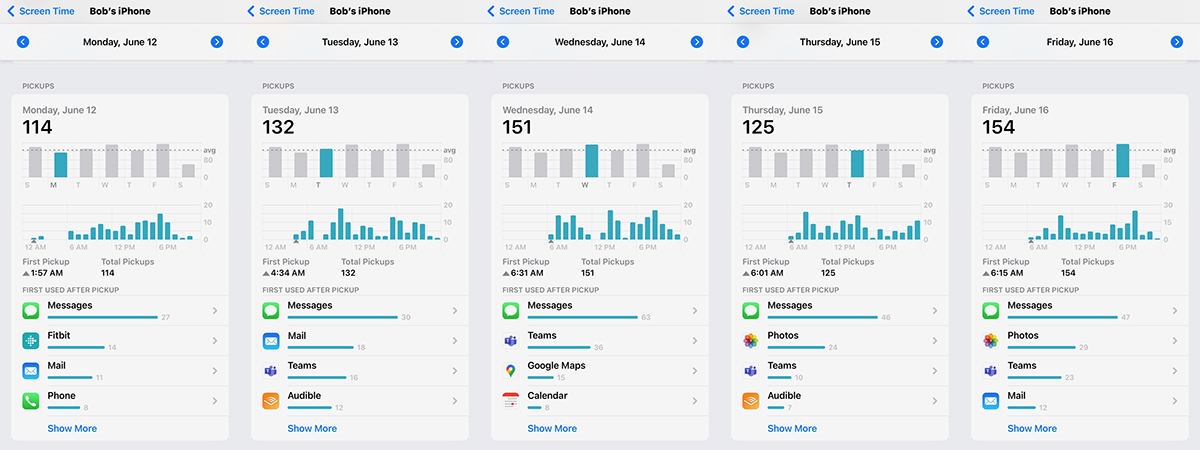
Distractions versus Focus jump to 2:14
What are some of the things that derail our ability to focus? That list is so broad and so vast since anything can effectively serve as a distraction. One item that is relatively new, and we’ve yet to come to any understanding of its long-term impact, is the handheld technology of our smartphones. From personal casual observation, the main source of distraction appears to be handheld technology due to the mental capital expended due to the stopping and starting work that occurs when you pivot from whatever you are doing for that single moment where you look at your phone to read a text, or see what notification just popped up on your screen.
On almost all lists I researched regarding the allocation of your time (and reducing the waste associated with distractions) turning the alerts off on your phone showed up the most often. This is not anything I was surprised to read and I have been attempting to limit my own phone usage – less time on social media, responding to texts, and reading emails – and I was never a big game player on my phone so I don’t really have to try and reduce time spent there.
We revisited the conversation we had with architect, and good friend, Eric Reinhold in episode 056: Starting a Design Firm. Starting around the 20:45 minute mark in that episode, Eric discusses how he organizes his time using the “Maker versus Manager’s Schedule” – a concept pulled directly from Paul Graham, the founder of Y Combinator. Just as we originally discussed, I love the idea of how managing your day into two large blocks of time (e.g. the morning for creativity and productivity, reserving the afternoon for emails, calls, and meetings) with the idea that you are minimizing the amount of mental capital you lose every time you switch from one task to another, but I don’t find it to be viable in my world. Rarely do I get to set my own calendar of responsibilities and obligations – the appointments on my calendar are normally set to accommodate the time when the greatest number of people are available.
Source: How many times an hour on average do people check their email? According to the Harvard Business Review, professionals on average check their email 15 times per day which equates to 21 minutes wasted per day.
Andrew mentioned a book that he is starting to read titled Stolen Focus: Why You Can’t Pay Attention by Johann Hari, which is a New York Time bestseller that was published in January 2023. There is a quote from the book that is one indication that we could all benefit from reading:
So if you spend your time switching a lot, then the evidence suggests you will be slower, you’ll make more mistakes, you’ll be less creative, and you’ll remember less of what you do. ~Johann Hari
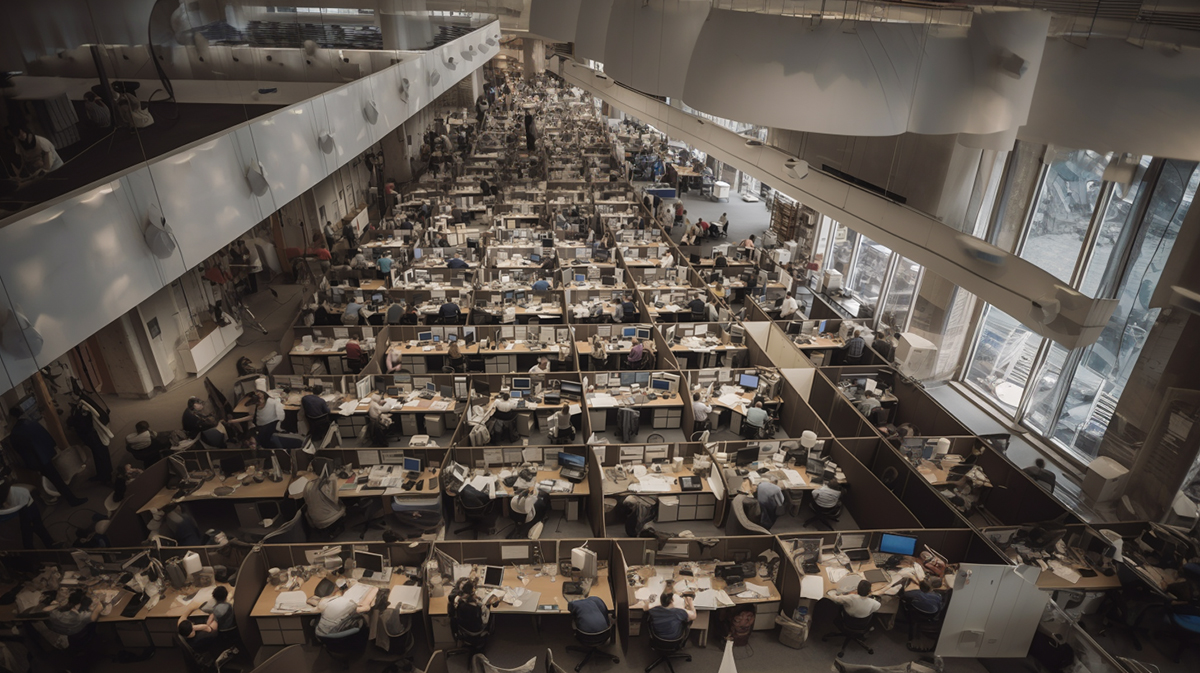
Impact of ADHD jump to 26:08
There are a lot of articles online that discuss the connection between ADHD when it pertains to focus or the lack thereof. I have been diagnosed with ADHD on several occasions, both professionally and by random people who spend time in my company, and it contributes significantly to my inability to focus at times.
A lot of the architects I know have ADHD, and people often wonder if there is any link between being creative and having ADHD … and I am here to tell you that there is no evidence to support that assumption – however, there might be an upside to having ADHD if you are in a creative field. The same qualities that make it hard to follow directions may promote creative thinking – that impulsivity may lead to more original ideas.
Also, because people with ADHD frequently lack inner inhibition, they have trouble holding back on what they want to say or do and while that can cause problems, it can also make people less likely to have an inner critic that silences their flow of ideas.
People with ADHD tend to be easily distracted with an inability to tune out external influences from their surroundings – but those people might also find that those external influences come together in interesting ways. It is really all about how you can look at things and extract something of value from that experience while maintaining balance with controlling the level of non-productive stimulation.
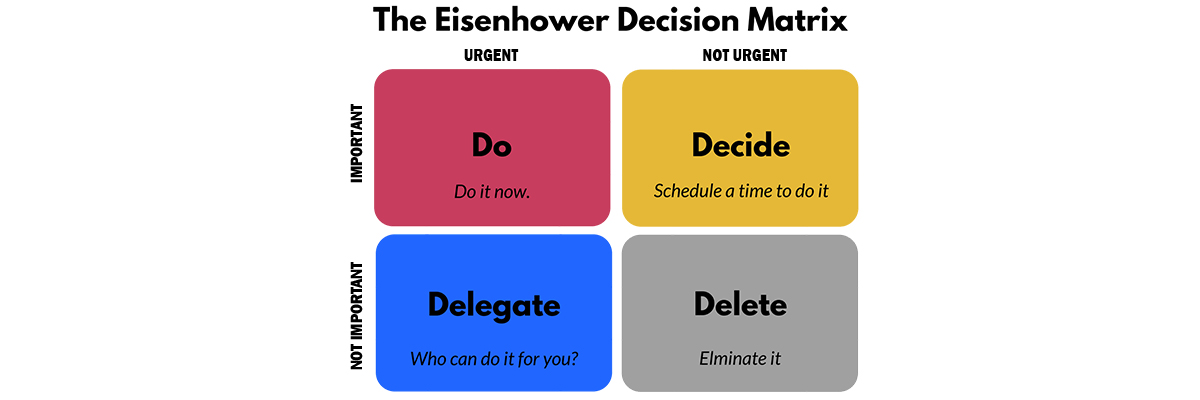
Eisenhower Matrix is named after Dwight David Eisenhower, an American Army General and the 34th President of the United States. The decision matrix above was his creation and was his methodology for how he organized the tasks he had to attend to daily based on their priority. This is at its most basic, a methodology to help you attend to the matters that are deemed the most important while eliminating items that do not require your attention. Simple and effective.
Andrew mentions the Pomodoro method which is a scheduling philosophy (time blocking) where you focus on a task for 25 minutes and then take a 5-minute rest. This was a technique developed by Francesco Cirillo and takes advantage of a cyclical system where you work in short bursts.
definition: Cyberloafing – using the internet or your phone for personal use during office hours.
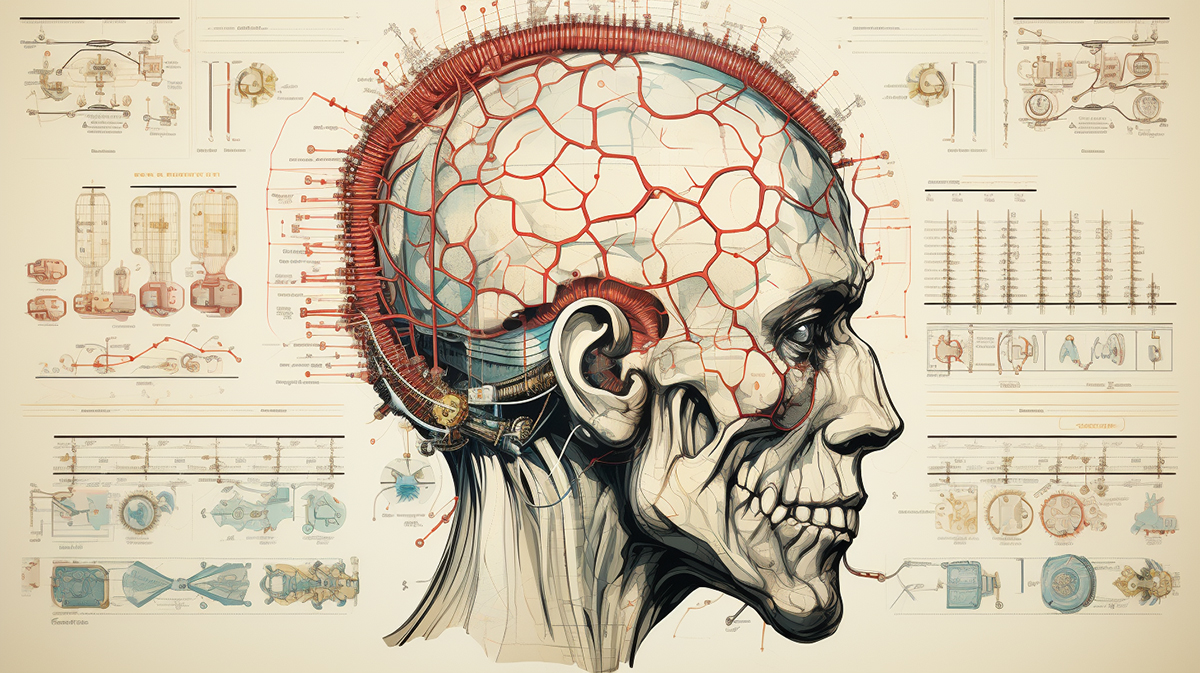
Tips for Improving Your Focus jump to 51:18
There are a ton of lists that provide tips for finding focus, and I’ve got to say, some of them provide tips that just don’t make sense to me. One of the lists I read through was from the MIT HR Center for Worklife. Some of these items seem to center more on the reduction of stress but the article is actually titled “Tips for Staying Focused During the Work Day”.
- Take a Walk
- Take some deep breaths – long inhale, extra-long exhale.
- Don’t look at the news and turn the alerts off on your phone.
- Keep quotes or poems on your desk that make you feel good.
Are you kidding me? The list keeps going but I punted out since there are an almost unlimited number of resources available to help you with your focus. Andrew and I spent some time talking about a productivity tool called “Clockify” which in full disclosure, I have never used and have no relationship. During my research on today’s topic, I simply found their website to be a good resource of information, which lead me to dig deeper into the information they provide. One of the articles they have on their site is titled “How to Focus Better at Work: 20 effective ways to stay focused” and the vast majority of these tips warrant some consideration. I have gone through and sorted out the ones that work best for me and listed them below, but consider following the link and reading through the entire list (but do it later so you aren’t “cyberloafing”).
- (Re-)evaluate your work habits
- Create and follow a to-do list
- Define personal deadlines
- Avoid your phone – Turn off notifications in apps
- Schedule quiet time
- Do one thing at a time
These 6 things are hard for me to do, but they are the ones I attempt to prioritize. I am admittedly the worst at avoiding my phone, and I have all sorts of justifications as to why it isn’t reasonable to expect that I could even do it in the first place, but I do know I could be doing better.
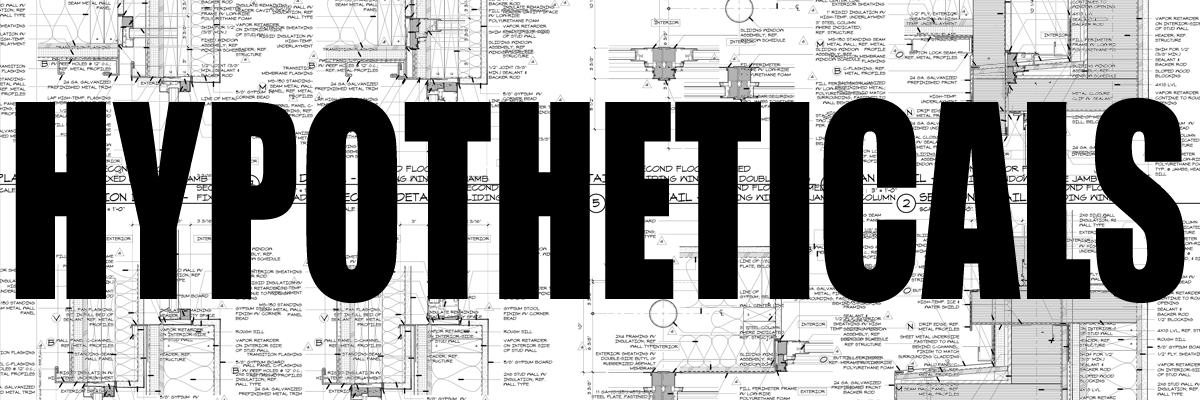
the Hypothetical Question jump to 54:54
We are going to try and tackle a hypothetical question today – and this one was (air quotes) developed late last night soooooo … it might not be the best hypothetical question …. but I can tell you it seemed like a great idea at the time and I can confirm that Andrew and I had a fun time working our way through the answer.
You have a hot dog in place of a finger on one of your hands. It is always there and will constantly reappear should it be removed. How do you deal with this and is there a scenario where you treat this hot dog finger as a source of sustenance?
I feel safe in saying that I might be the first person to ever say the phrase “my fingers aren’t bun length” but then again, that might simply be a reflection of the crowd that I spend time with.
EP 128: Focus
Focus is clearly a subject matter that warrants revisited attention from each of us as it is something that is in a constant state of change and almost always in need of improvement. It is incredibly easy to be distracted, particularly in a work environment where there is typically open seating in the studio, or just because it is easy for people to just walk over when they have questions. Interruptions are an unavoidable part of our existence and any steps you can take to help center yourself and find the ability to focus on a singular task is getting harder and harder to achieve. There are steps that you can take to aid you in accomplishing your work in an efficient and effective manner, and the first step once acknowledging the need for improvement is finding the right method that works for you.
Cheers, and good luck!

